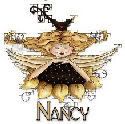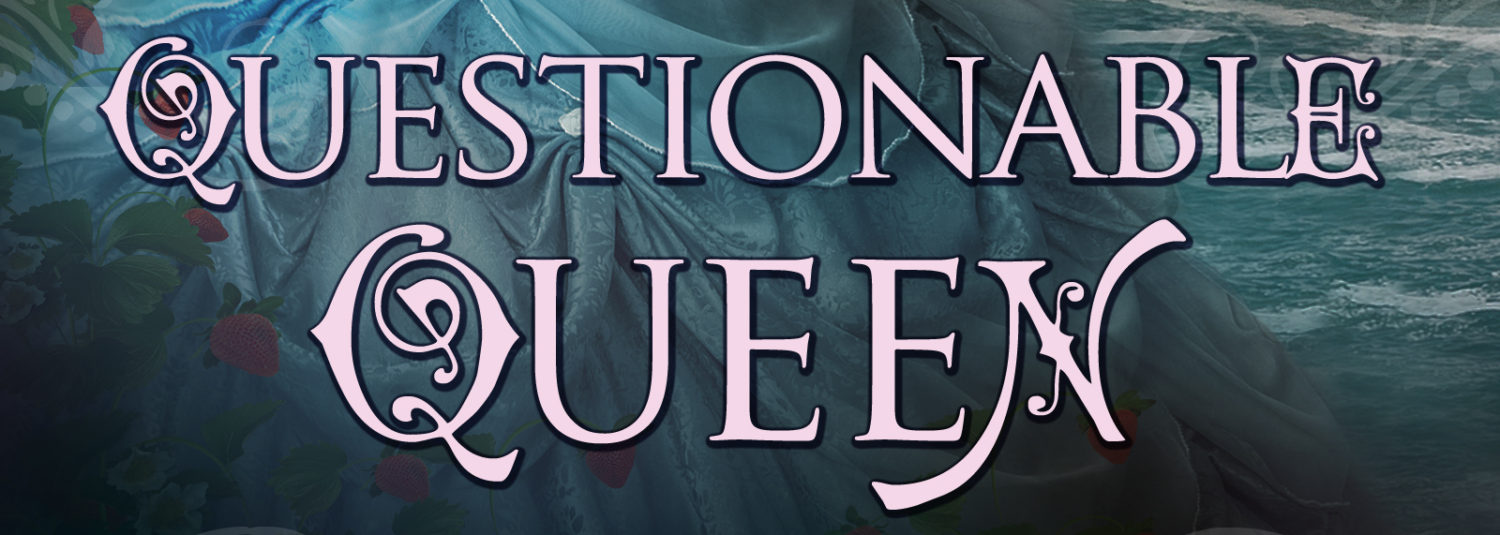
Romance Definitions
Those of use in the romance writing field, like people in any profession, have our own jargon. If we intend to have a meaningful discussion about writing romance, or any genre fiction, really, we need to define our terms. This came home to me when talking to my husband about the book he’s writing. He and I often talk at cross purposes because his idea of a “romance” and mine are different.
To prevent anyone else from having unproductive conversations about his/her writing, I offer these definitions. Please feel free to add any of your own.
Romance – a novel that revolves around a growing relationship between two people, generally a man and a woman, leading to a long-term, monogamous, commitment. The main focus of the book is the relationship, regardless of anything else going on. If the “love story” part of the book were removed, there would be no book.
Love Story – a. the part of a romance book that is the focus
b. the story of two people falling in love
c. a book and movie by Erich Segal that “taught” us that the line “Love means never having to say you’re sorry” sounds sweet when you’re 12 and absolutely ridiculous when your 40.
d. a book written by a man that ends with someone dying or with the couple deciding they can’t be together for some deep, tragic reason that will get the critics to proclaim the book a masterpiece while ignoring books that celebrate long-lasting loving relationships that end happily (little soapbox moment)
POV – Point of view, the eyes through which we see a story or scene. It’s impossible to know what someone else is thinking if you’re not in their point of view.
WIP – Work in progress. This one took me awhile to figure out as I kept reading it in conjunction with the term “woman in jeopardy” and the acronym didn’t fit.
GMC – Goal, Motivation and Conflict. We have Debra Dixon to thank for this and her wonderful book. Goal, Motivation and Conflict: The Building Blocks of Good Fiction . A way of looking at what your character wants/needs, why he/she wants/needs this and why he/she can’t have it. Completely changed the way I think about my characters and sometimes the way I watch movies.
. A way of looking at what your character wants/needs, why he/she wants/needs this and why he/she can’t have it. Completely changed the way I think about my characters and sometimes the way I watch movies.
critique partner – Often the first and only person you’ll let read your story before the final draft. This person can be as valuable as any diamond, gold mine or contract on the face of the earth or she can be as useless as a fountain pen without ink. To find a good one takes a lot of time and cultivation, but totally worth it.
Gothic – NOT a teenage girl who is obsessed with vampires and Hot Topic. A sub-genre of romance that involves big, mysterious houses, dark brooding heroes with secrets, young heroines often of good breeding with no money, children who are motherless and need a governess, possibly a crazy aunt or grandmother in the attic and covers with women in long flowing dressing running away from said house in the dark. Some of the most fun books to read, in my opinion.
sweet romance – a romance novel that includes no sex beyond a closed mouth kiss, but does contain lots of sexual tension.
inspirational – a romance where at least one of the characters has a strong relationship with God and uses that relationship to get through the trials of his/her life. Often contains Bible truths and never includes sex. The writers of these books are often misunderstood and presumed to have a “problem” with sex or to be judgmental of other writers.
Paranormal – a blanket term used to encompass anything from ghosts and vampires to fantasy characters and settings. This is a very difficult term to explain to anyone who has never been to an RWA conference or meeting. Fantasy novels are not, by popular definition, paranormal, nor are vampires and werewolves. Psychics, ghosts, or UFO are consider paranormal to the “uninitiated.” As a fantasy writer, I still have trouble thinking of my books a paranormal, but this is the standard RWA definition.
There you go, gentle readers. Any other definitions you’d like to add?





Trackback 3
TrackBack URL
http://nancysbrandt.com/2007/04/writing-tip-friday-1/trackback/